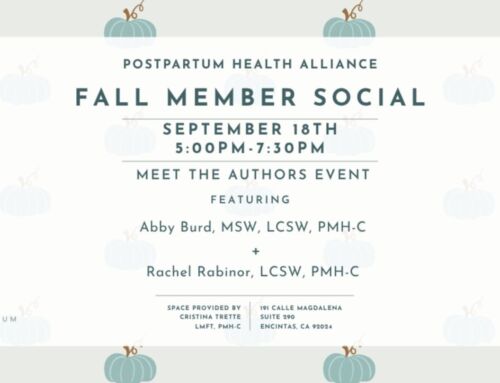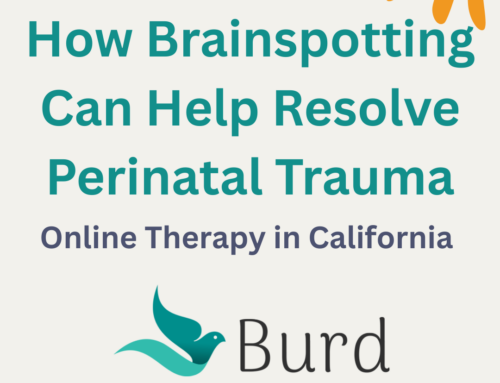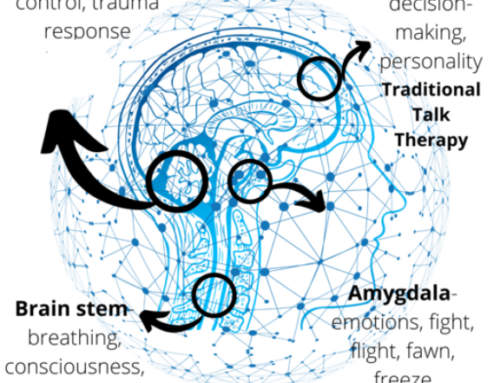I love talking to journalists and reporters about mental health. For one, it helps get the word out that YOU ARE NOT ALONE and likely, YOU ARE NOT THE ONLY ONE FEELING THE WAY YOU DO.
Most recently, Sammy Maine from Vice media, asked me to weigh in for her article “Why Exactly Are We So Obsessed with Songs about Heartbreak?”

Fun topic, no?
Sad music, like break up songs, works on many levels. Research shows that it can help with emotion regulation. One way that we think it works is that by hearing about someone else that is sad, you can feel the catharsis of experiencing the sadness, but externalize it. You feel all the feels but it’s not about you. So you can move on. Another way that I think listening to sad music makes us feel better is by ‘normalizing.’ I’m not the only one feeling this way. If this is a common human experience, I’m not alone, and it will get better. Sad music is also a safe way to appreciate the emotional complexities in life. Without the lows, the highs are not as sweet.
There’s research: Listening to sad music can evoke: “savoring feeling (i.e., savoring the qualitative aspects of sadness for its own sake); understanding feeling (i.e., sadness is perceived and appraised more clearly); and emotional assurance (i.e., music-evoked sadness allows listeners to reassure themselves about their ability to feel intense emotions).” (Taruffi L, Koelsch S (2014) The Paradox of Music-Evoked Sadness: An Online Survey. PLoS ONE 9(10): e110490. https://doi.org/10.
Taruffi and Koelsch’s survey results show:
“[Four] different rewards of music-evoked sadness: reward of imagination, emotion regulation, empathy, and no “real-life” implications. Moreover, appreciation of sad music follows a mood-congruent fashion and is greater among individuals with high empathy and low emotional stability. Surprisingly, nostalgia rather than sadness is the most frequent emotion evoked by sad music. Correspondingly, memory was rated as the most important principle through which sadness is evoked. Finally, the trait empathy contributes to the evocation of sadness via contagion, appraisal, and by engaging social functions. The present findings indicate that emotional responses to sad music are multifaceted, are modulated by empathy, and are linked with a multidimensional experience of pleasure.”You can read more about my conversation with Sammy about emotional regulation, a long with a lot more here.






What are your thoughts?